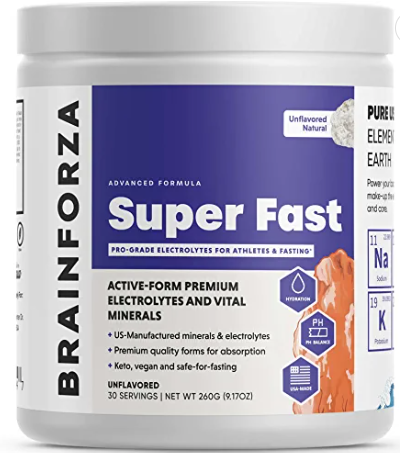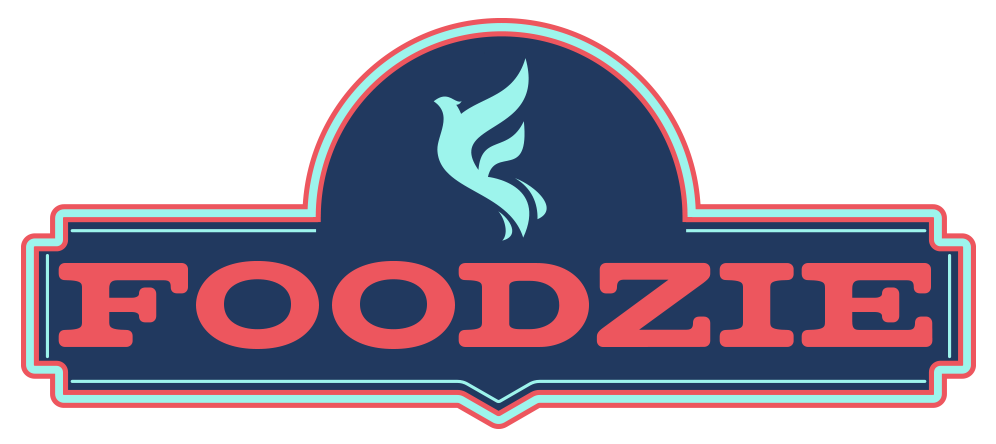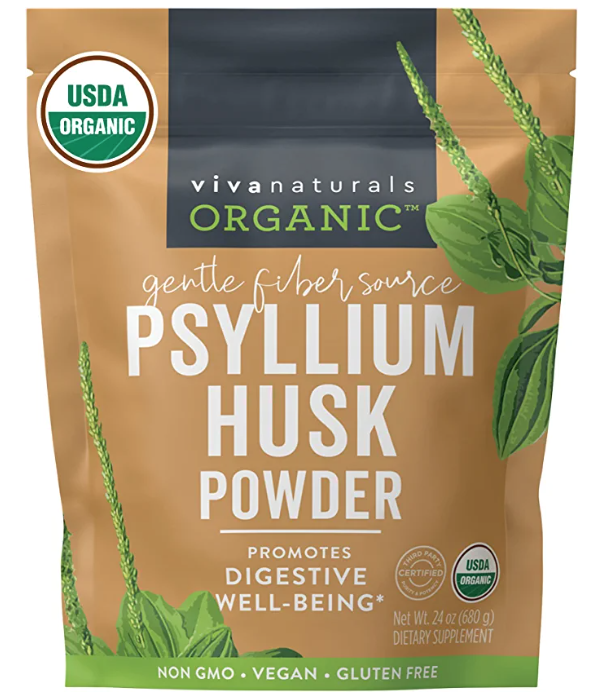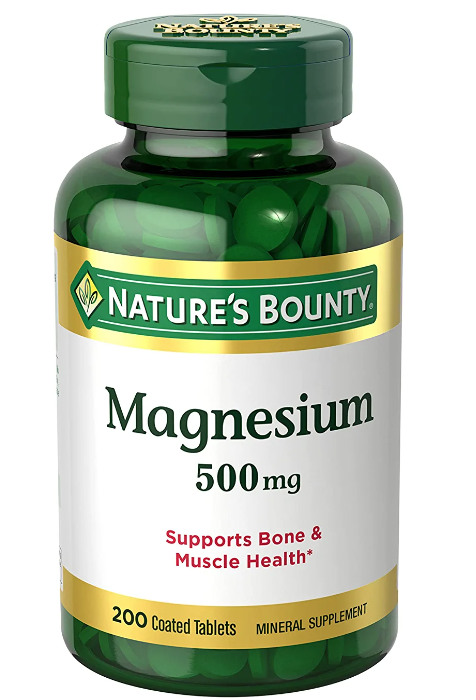Fasting is available in various forms; however, there is a central philosophy to it all: you have to deny your body food for a certain amount of time so your body can burn its fat reserves.
Fasting and intermittent fasting have become the trend recently; however, most people are still concerned about getting their required vitamins and nutrients when fasting.
A great way to achieve this is to use intermittent fasting supplements. This, however, begs the question, “what are the essential fasting supplements to use?”
In this article, we will answer that question; however, it is first important to discuss a fasting diet.
What Is Intermittent Fasting?
Intermittent fasting is a form of fasting that requires you to break your day into two categories: a fasting window and an eating window. Intermittent fasting aims to replicate how our prehistoric ancestors ate back when food was more difficult to come by.
Earlier humans had to go through hours or even days of starvation. This lull in between meals meant that they always remained at a healthy weight. While this resulted from necessity, we can enjoy the benefits they had by adapting their conditions to our modern diets.
Now that we understand what intermittent fasting is, it is now time to highlight the 5 essential fasting supplements to use during these diets.
What can you eat and drink when you break your fast?
Probiotics
Since the focus should be on getting the maximum amount of nutrients from little food, probiotic supplements are extremely important. Just one tablet of probiotic supplements has more than 1 billion “good” bacteria in it and benefit gut health.
The fasting supplement resides the in the gut and provides a positive equilibrium between good and bad bacteria. All of this has a positive effect on your health, such as helping fight against digestive issues, enhancing your immune system and increasing the absorption of food.
For this reason, probiotic supplements are one of the best supplement options for fasting out there, as good bacteria will pay dividends in the long run. When taking these fasting supplements, it is always best to do so before you start your intermittent fasting. Doing this helps create the most effective environment in your gut for the biggest health benefit.
It also helps that these positive bacteria positively react to some fasting conditions. When you take probiotics, you must take them after drinking water or take them with food. Either of these methods ensures that the highest volume of bacteria can survive your stomach’s harsh and acidic environment.
Furthermore, you can also add a prebiotic such as psyllium husk—a nutrient that supports and encourages bacteria in the stomach—to your probiotic.
Magnesium
Magnesium is an important mineral for the body. So important that you can run low quite quickly without knowing. Magnesium is used by your brain, heart, muscles, nervous system and during cell regeneration.
Considering it has various uses and magnesium deficiencies are common, you need to be aware of your magnesium levels. You don’t necessarily need to take a supplement after you are done fasting as you can get magnesium from whole-grain carbohydrates such as pasta and bread.

Electrolytes
You need to replenish electrolytes when fasting, as these are typically the first to be depleted. These minerals are integral to weight loss and should be replenished when supplementing.
Electrolytes are important to a process known as ketogenesis. Ketogenesis happens when fat cells are broken down into ketone bodies. The body then utilizes this alternate energy source when it cannot access calories.

Check the price on amazon
Another reason those who fast might experience a reduction in electrolytes is that they are found in water. If you are new to fasting, you might become dehydrated without even knowing it. This is because about 30% of the water our body needs comes from food. When we consume less water and food, we get fewer electrolytes.
Potassium and sodium are two of the most integral electrolytes the body requires. You can supplement them in your diet by adding more salt to your meals. You can also get this electrolyte supplement via sports drinks or tablets.
Vitamins
Fasting disrupts our normal eating habits, which can mean a stop on how we get certain nutrients. This deals with more than just capsules or tablets that have to be consumed with food. Many fasting supplements are either water-soluble or fat soluble. Vitamins such as vitamin D, vitamin E, vitamin C, and vitamin A are extremely important.
Water Soluble Vitamins
Water soluble fasting supplements typically come out of the body via urination. These don’t have to be taken with food to achieve maximum benefit. Furthermore, these vitamins are typically stored in the body for a shorter time.
This means they need to be administered daily to ensure levels remain healthy and high. Considering that most intermittent fasting programs place importance on hydration, it makes this fasting supplement extremely important.
Vitamin B and vitamin C with water during a fasting period are recommended. Vitamin C is okay to take on an empty stomach, but B vitamins can make you feel nauseous and should be taken with food, which will break your fast.
Fat Soluble Vitamins
Fat soluble vitamins can be stored in body fat cells within the body. These vitamins are typically derived from food. This means that your body absorbs fewer of these vitamins than normal during fasting.
It also means that during prolonged fasting that lasts less than 36 hours, body fat cells that might contain this dietary supplement are already being burnt by the body for energy, ensuring your body absorbs the vitamin even during non-fasting periods.
Conclusion
Considering that there are a plethora of intermittent fasts out there, you need to ensure that you conduct them responsibly and safely. Doing so can help you avoid seriously damaging your body. It can be quite easy to lose track of the nutrients your body requires, particularly if you are counting the kilos and fully concentrating on losing weight.
Taking a fasting dietary supplement can give you the reassurance you need to ensure you are fasting in a healthy manner. This supplementation ensures that you are lowering your calorie intake while giving your body the necessary nutrients it needs.
All of this is possible without having to significantly alter the types of food you eat during a fast. For example, if magnesium levels were low before your intermittent fasting period, you can use supplementation before a problem arises.
About the Author:
Rob Jones is a father of two who lives in Massachusetts and enjoys cooking and his dog Beau. Rob has spent years studying food and its effects on the body and mind. He believes in moderation and enjoyment.


